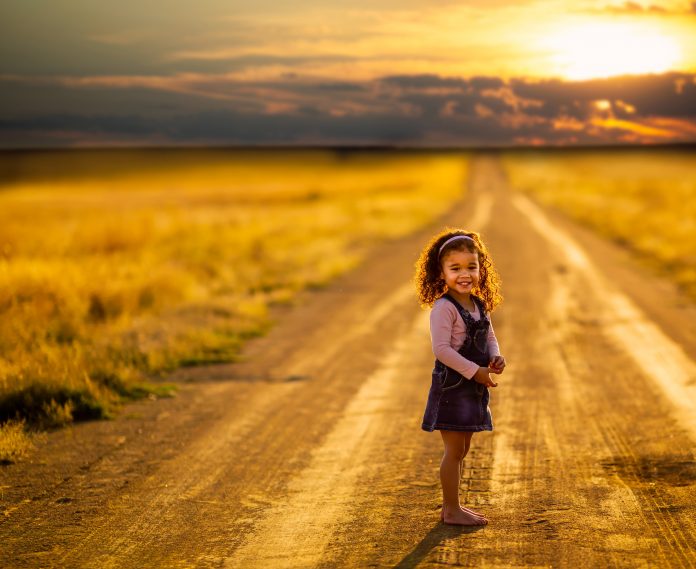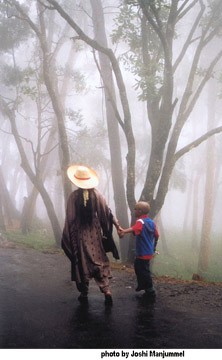Isn’t it interesting how, when we speak about children, we use the pronoun ‘they’? Interesting because we use a pronoun that categorizes children as separate from us. But we were all children; children are us, just an earlier form of us. But the fact is that as we grow up, although, in theory, we become wiser, more clued-in to the ways of the world, and more independent, we also lose a huge number of wonderful philosophies. Compiling a list of only five things children teach us, as adults, is no easy task because you have to limit it to just five!
Children teach us to ask questions
‘Why?’ It’s the favorite word of children around the world, in whatever native language happens to be their own. How often do we ask that question as adults? Do we ask that question enough? Children don’t just accept what they see and hear around them, they seek out answers. They compute information at incredible speeds, and soak up the world around them like giant sponges. And then it starts to slow down, and we stop questioning the world around us. We start to accept what we see and hear, and even begin to settle for the status quo, even when it is unacceptable to us.
“Why do we lose that wonderful child’s trait of seeking out answers to everything around us? It’s as if that one day we just stop caring. Have we stopped caring, of have we just lost that habit of asking questions? And if we don’t ask, we never find out. Kids learn that immediately, so why do we give us on that approach?” asks Marisa Houseman, a business writer at Dissertation Writing Services and Revieweal.
Children teach us to see wonder in the world
The world is amazing: you can see it in kids’ eyes! When was the last time you said ‘wow’? Kids do it many times a day, because they see the world for what it is. Do you?
Children teach us to use our imagination
Watching children play with their toys is truly an awe-inspiring event because what we see in evidence is one of the greatest gifts we have as people in use: our imagination. Developing that imagination through play builds that imagination inside us, and inspires us to do truly wonderful things. We have sent a man to the moon, we have harnessed electricity, we have created the internet. All of those wonderous achievements were borne out of a child’s imagination. It truly is one of the wonders of people, and children in particular.
Children teach us to never give up
Children learn incredibly quickly that if they want to be able to do something, they have to do it several times, if not more, before they can. Look at how a young toddler learns how to walk: before those first steps are countless falls.
“Learning to ride a bike is only something that is achieved after hours and hours of cycling with support. Swimming only comes after hours of time spent with flotation devices and the assistance of adults, but still the child wants to dive in. This is what children do every day,” points out Nigel Saunderson, a broker at Topcanadianwriters and Boomessays.
The fact is, how much do we persevere as adults? How many activities do we try and then give up on immediately because it’s too difficult? How many more do we not even attempt in the first place because it’s just too tough to contemplate? If we had that attitude as children, we wouldn’t be able to do anything now. We wouldn’t even be able to read these words now, because reading isn’t easy and it takes time, dedication and will power. That’s what gets children to where they want to be. Don’t lose that!
Children teach us to love
Kids love without abandon. They love their mummies and daddies, their siblings, their grandparents, their family pets. They love their teddies, they love their favorite TV shows and the characters within. They love food, they love playing, they love making a mess. They love Christmas, they love Halloween, they love school, they love holidays, they love their friends. They love dancing, they love singing, they love playing, they love going outside, they love splashing in puddles, they love the rain.
What do you love? Of course, you will be able to name several things, but how do you show it? Is it obvious to other people that you love those things? Love without abandon the way a child loves. Look at the joy it gives them. Are you extracting that kind of joy from showing how much you love something? That’s how you should really love. And most of all, you should love life, the same way children love life. They see the wonder and awe in the things that they do every single day. Never lose that.
























